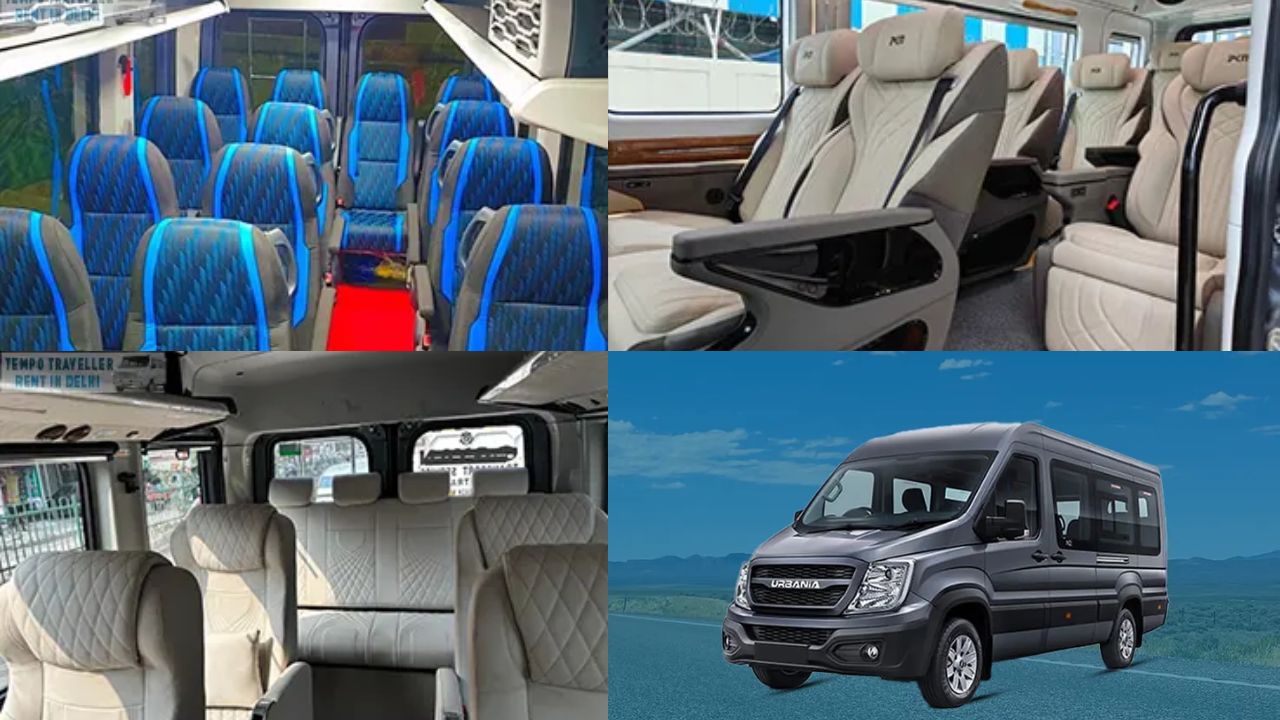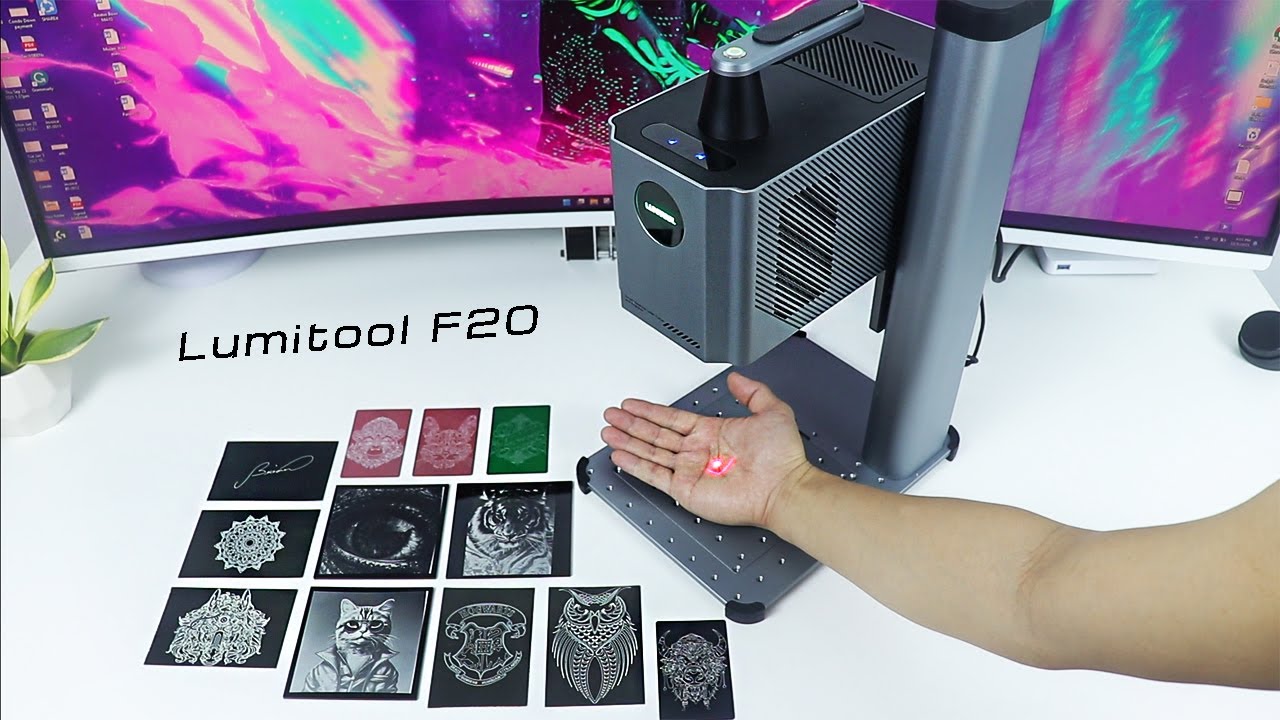Buy Verified Cash App Account
If you’re searching for ways to grow your gaming business or want smooth financial transactions online, you’ve probably heard the advice to buy a verified Cash App account. A verified account doesn’t just add trust—it opens doors to higher transaction limits, Bitcoin features, and advanced creator tools. Let’s walk through everything you need to know step by step.
Why should you buy Verified Cash App accounts for your gaming business?
In the gaming world, time and trust are everything. Players expect fast payments, and delays can ruin the entire experience. A verified Cash App account gives you higher transaction limits, easy access to funds, and the ability to pay or get paid instantly. If you run a game host, you can use cash app accounts to manage transactions without worrying about takedowns or interrupted services.
The positive side of Buy Verified Cash App Accounts
When you buy verified accounts, you unlock benefits unverified accounts simply don’t have. With unverified accounts, limits are low, transactions often fail, and you can’t use premium services like Bitcoin or unlimited uploads share infinite. With verified ones, you get:
Higher transaction limits
Ability to connect a bank account
Security backed by government-issued ID
Access to premium services like Bitcoin and creator tools
How to unlock Cash App Borrow?
Cash App Borrow is a feature that lets users borrow small amounts of money. To unlock it:
Make sure you have a verified account.
Link your bank account and phone number.
Use Cash App actively—financial transactions, tips & subscriptions stats, and payments build trust.
If eligible, you’ll see the Borrow option in the app.
Benefits of Owning Buy Verified Cash App Accounts for gaming business
Think about it: would you trust a game host with an unverified account? Probably not. With a verified Cash App account, your gaming business can:
Collect payments faster
Enable offline listening download or live streaming broadcast music for events
Handle multiple profiles and creators upload without limits
Provide uninterrupted listening upfront tracklists for players
How to Buy Verified Cash App Accounts from smmproit
Buying a verified Cash App account from smmproit is simple. They provide real accounts with government-issued ID verification, higher limits, and 24 hours reply contact support. Their process is transparent and safe.
Why Do People Trust smmproit
Proven track record
Telegram support for quick replies
Free join login guidance for new users
Extra features like account upload, multiple profiles, and creator tools
When Buy Verified Cash App Accounts?
The right time to buy is when your business starts scaling. If your transactions are hitting limits, or you need to accept Bitcoin, then it’s time.
Buy verified cash app accounts
People often search for this keyword because they need trust and access. Verified accounts allow premium services, including adverts enjoy, tagging publish, and stats use listener insights.
Buy a verified cash app account
Whether you’re an individual or a business, buying one saves time compared to waiting for Cash App verification.
Buy cash app verified account
This keyword highlights the exact intent—get an already verified account ready for use.
Buy verified cash app account reddit
Many buyers explore Reddit for options, but it’s risky. Scams are common. Instead, rely on trusted providers like smmproit.
Buying verified cash app account
This phrase is popular among business owners who need accounts quickly without delays.
Benefits of a Verified Cash App Account
Higher transaction limits
Access to creator tools like stats, tips & subscriptions
Ability to live stream and publish profile posts
More trust from users
How to Buy a Verified Cash App Account
Choose a trusted provider (like smmproit).
Contact support via telegram or website.
Pay securely.
Receive your account details with free upload and setup instructions.
Buy BTC Enabled Cash App Account
For those who want to trade Bitcoin, having BTC enabled is essential. Verified accounts make this possible safely.
Email: contact.smmproit@gmail.com
Telegram: @smmproit
Whatsapp:+1(812)528-8960
https://smmproit.com/product/buy-verified-cash-app-accounts/ Buy Verified Cash App Account
If you’re searching for ways to grow your gaming business or want smooth financial transactions online, you’ve probably heard the advice to buy a verified Cash App account. A verified account doesn’t just add trust—it opens doors to higher transaction limits, Bitcoin features, and advanced creator tools. Let’s walk through everything you need to know step by step.
Why should you buy Verified Cash App accounts for your gaming business?
In the gaming world, time and trust are everything. Players expect fast payments, and delays can ruin the entire experience. A verified Cash App account gives you higher transaction limits, easy access to funds, and the ability to pay or get paid instantly. If you run a game host, you can use cash app accounts to manage transactions without worrying about takedowns or interrupted services.
The positive side of Buy Verified Cash App Accounts
When you buy verified accounts, you unlock benefits unverified accounts simply don’t have. With unverified accounts, limits are low, transactions often fail, and you can’t use premium services like Bitcoin or unlimited uploads share infinite. With verified ones, you get:
Higher transaction limits
Ability to connect a bank account
Security backed by government-issued ID
Access to premium services like Bitcoin and creator tools
How to unlock Cash App Borrow?
Cash App Borrow is a feature that lets users borrow small amounts of money. To unlock it:
Make sure you have a verified account.
Link your bank account and phone number.
Use Cash App actively—financial transactions, tips & subscriptions stats, and payments build trust.
If eligible, you’ll see the Borrow option in the app.
Benefits of Owning Buy Verified Cash App Accounts for gaming business
Think about it: would you trust a game host with an unverified account? Probably not. With a verified Cash App account, your gaming business can:
Collect payments faster
Enable offline listening download or live streaming broadcast music for events
Handle multiple profiles and creators upload without limits
Provide uninterrupted listening upfront tracklists for players
How to Buy Verified Cash App Accounts from smmproit
Buying a verified Cash App account from smmproit is simple. They provide real accounts with government-issued ID verification, higher limits, and 24 hours reply contact support. Their process is transparent and safe.
Why Do People Trust smmproit
Proven track record
Telegram support for quick replies
Free join login guidance for new users
Extra features like account upload, multiple profiles, and creator tools
When Buy Verified Cash App Accounts?
The right time to buy is when your business starts scaling. If your transactions are hitting limits, or you need to accept Bitcoin, then it’s time.
Buy verified cash app accounts
People often search for this keyword because they need trust and access. Verified accounts allow premium services, including adverts enjoy, tagging publish, and stats use listener insights.
Buy a verified cash app account
Whether you’re an individual or a business, buying one saves time compared to waiting for Cash App verification.
Buy cash app verified account
This keyword highlights the exact intent—get an already verified account ready for use.
Buy verified cash app account reddit
Many buyers explore Reddit for options, but it’s risky. Scams are common. Instead, rely on trusted providers like smmproit.
Buying verified cash app account
This phrase is popular among business owners who need accounts quickly without delays.
Benefits of a Verified Cash App Account
Higher transaction limits
Access to creator tools like stats, tips & subscriptions
Ability to live stream and publish profile posts
More trust from users
How to Buy a Verified Cash App Account
Choose a trusted provider (like smmproit).
Contact support via telegram or website.
Pay securely.
Receive your account details with free upload and setup instructions.
Buy BTC Enabled Cash App Account
For those who want to trade Bitcoin, having BTC enabled is essential. Verified accounts make this possible safely.
Email: contact.smmproit@gmail.com
Telegram: @smmproit
Whatsapp:+1(812)528-8960
https://smmproit.com/product/buy-verified-cash-app-accounts/



























